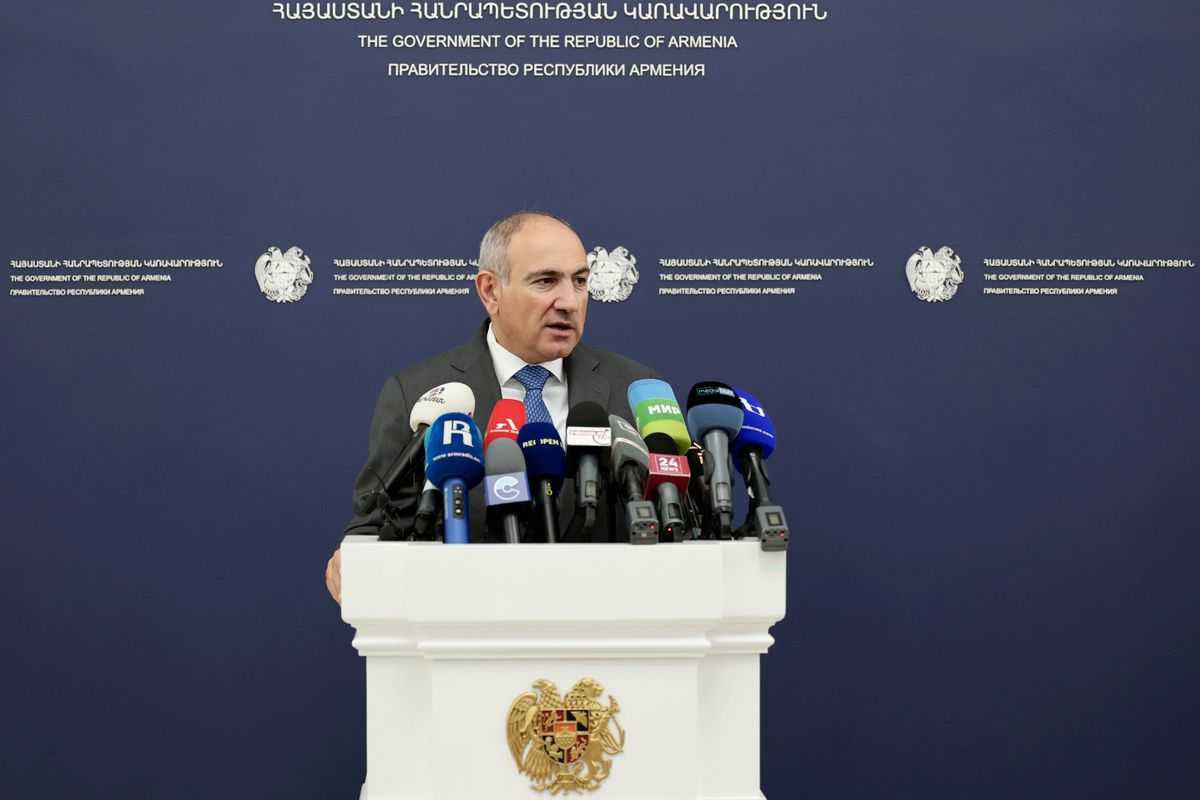
Armenia’s ruling Civil Contract party suffered a setback in local elections, with their slates losing in three of the four major municipalities in contention, including the country’s second-largest city of Gyumri.
Local elections took place on 17 October, in a total of nine municipalities. Slates supported by Civil Contract won three of the contests.
In Gyumri, an electoral slate aligned with former mayor Samvel Balasanyan (2012-2021), won 36% of the vote. Civil Contract, meanwhile, received only 29%.
Formerly a member of the Prosperous Armenia Party, headed by opposition politician and business magnate Gagik Tsarukyan, Balasanyan — despite running against the Civil Contract party — has been widely seen as accommodating of the Pashinyan administration since the 2018 revolution.
The Gyumri city council is slated to elect the next mayor of the city later this month. Vardges Sanosyan, the candidate for the Balasanyan bloc, is widely expected to win.
Civil Contract fared even worse in the border city of Goris — located in Armenia’s southern Syunik province — where the elections were won by staunch opponents of the Pashinyan administration.
The slate supported by incumbent Goris Mayor Arush Arushanyan, a close ally of Armenian opposition leader and second President Robert Kocharyan, won a clear majority with 62% of the vote. The Civil Contract slate garnered only 35%.
The village of Shurnukh, in which residents lost homes with their homes being declared on Azerbaijani territory following the Second Nagorno-Karabakh War, and which lies within the borders of the Goris municipality the Arushanyan slate beat the Civil Contract slate 42 to 14.
Months prior, in the snap parliamentary elections, Civil Contract beat Kocharyan’s Armenia Alliance 51 votes to 40 votes.
In Meghri, a mining town with a population of 4500 near the Armenia-Iran border, a slate led by opposition Republic Party leader Aram Sargsyan, won with 43%, the Civil Contract slate came in second with 33%․
Aram Sargsyan, the late brother of Armenia’s former Defence Minister Vazgen Sargsyan, has been one of the few opposition figures who immediately recognised Pashinyan’s victory in the June snap parliamentary election and has expressed his willingness to cooperate with the government. For years Sargsyan has been a staunch critic of Armenia’s pre-revolution authorities.
The fourth major municipality to hold elections, and the only one of the four in which the Civil Contract slate won is Dilijan, a town of roughly 17,000 located in the northern Tavush province. There, the Civil Contract slate won a confident majority with 58% of the vote, with the second place slate, led by former Labour Minister Mane Tandilyan, garnering 25%.
The remaining municipal elections took place in five rural communities, two of which were won by pro-government slates.
The municipal elections, Armenia’s first since the snap parliamentary election in June, registered a low turnout of only 33.2% with 55,410 of 166,753 eligible voters participating.
In Gyumri, only 24% of the eligible voters came to the polls on Sunday, 12% less than in the previous municipal election in 2016.
Additionally, local election observers reported that elections in Syunik province were marred by ‘abuse of administrative resources’ by both ruling authorities and opposition candidates.








